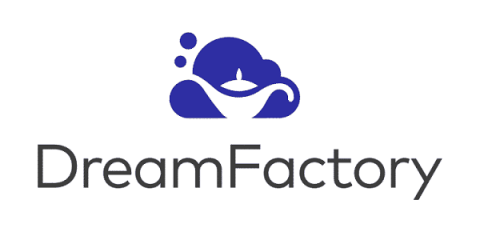Systems | Development | Analytics | API | Testing
%term
Community Roundup: April
Welcome back to another one of our Community Roundups, folks. This time is a little different, since we’re doing one for April altogether — but on the flip-side, we've got quite a number of articles for you. Let’s get started!
Make Testing Remote-Friendly
Time suddenly took a U-turn and did when we least expected it. While just some time ago, millions of people were travelling across the globe, now we are forced to stay at home for our good. If expert opinion and news analysis are to be believed, remote work is expected to become the new norm at least in the near future. We need to equip ourselves to better adapt to the situation in the best way possible.
PHP Json_encode: Serialize PHP Objects to JSON
PHP is a server-side scripting language for creating your website’s backend system that can serve webpages, communicate with databases, and exchange data over the internet. A decent backend framework like PHP needs to be capable of providing and processing data in any format (e.g., XML, JSON, etc.) to be socially accepted in a society of skilled web development frameworks.
Using AI to Autonomously Monitor Your Subscription Payment Model
There’s no question that subscription-based businesses are an incredibly popular revenue model in today’s economy. While single transaction revenue models tend to fluctuate due to the seasonality of markets, subscription plans offer much more consistent and predictable revenues. Although the subscription revenue model can certainly be advantageous over one-off transactions, these businesses are also notoriously challenging to keep subscribers active on their plan.
API Proxy vs API Gateway
Healthcare's Big Data Challenge: How a hybrid data platform can help
The healthcare industry is crumbling under the weight of disruption. Newly empowered patients have high expectations for procedure and price transparency, and personal health information access, to enable informed treatment choices. Providers must deliver care faster, better and within a framework of rigorous quality, compliance, and cost containment guidelines. Drug and medical device makers are under pressure to deliver critical therapies quickly while ensuring safety, efficacy, and affordability.
Accounting Tools for Online Businesses
Business owners like to focus on providing the best product or service for the clients. Keeping track of expense accounts, chasing invoices, and making sure the paperwork is all there come tax time is the last thing on their mind. Larger companies can usually afford to have a specialist on staff that can keep track of these financial processes, but that will be a luxury for most.
Tracking a Developer's Journey From Documentation Visit and Sign Up to First API Call
If your business model involves selling to developers, you probably have already realized that much of the traditional processes and metrics applicable to traditional enterprise sales or consumer marketing don’t work. Specifically, selling to developers usually means attracting them to your platform and helping them succeed in building something, whether that’s a new app, integration, or automating an internal process.
Why Data-Driven Customer Success is Essential in Today's COVID-19 World
In today’s unprecedented economic downturn, it’s more difficult than ever to find and close new customers. The onus is now on maintaining existing customers as productive users of your product. By closely monitoring API metrics, Customer Success Management (CSM) teams can get an early warning on those that are at risk of churning, and rectify things before it’s too late.










